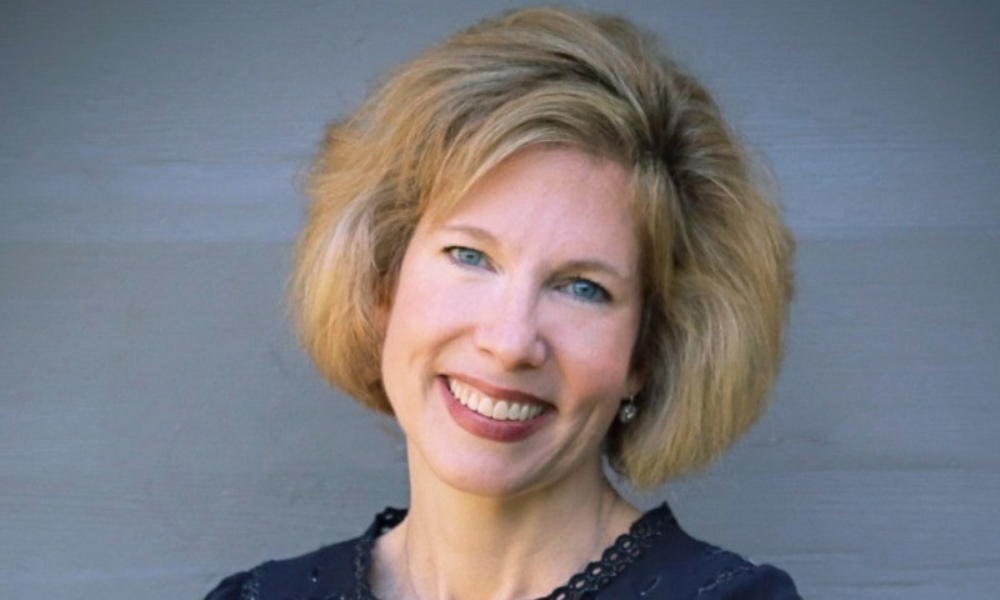
'AI has the potential to increase the speed and quality of work that we do,' says Laura Selig of Model N

Chief People Officer (CPO) Laura Selig of California software development company Model N sees a bright future for AI in HR.
“My view is very optimistic, about embracing the potential for AI to really help us as an HR function, in elevating the employee experience by really reducing a lot of the largely manual administrative components and routine components of what's required in our core talent initiatives,” Selig told HRD.
“I think AI has the potential to increase the speed and the quality of work that we do on the HR side, that really will impact employee experience in some pretty transformational ways.”
Selig’s first prediction for upcoming HR uses of AI technology is in performance management, where she envisions a continuous, always-updating data log of employee feedback and performance conversations with leaders, with the aim to produce a single “draft” performance assessment at the end of the year.
“When I think about AI tools and performance management, I think about the potential for alleviating the administrative lift on managers by synthesizing all of that performance information, then enable them to really focus on the strategic conversations,” she said.
By lessening the administrative load involved in performance tracking and assessment, leaders are freed to have “more meaningful” conversations with employees, said Selig, who has also been Vice President, HR of Visa International and Vice President, People of Couchbase.
As an organization that encourages “internal movement”, natural attrition can sometimes occur, said Selig. This can be considered a condition of success, she notes, but it’s also why exploring AI uses for talent attraction is a main focus of her team.
By removing talent attraction and retention from the capacity and bandwidth of a single recruiter, the speed and quality of the process will be increased, she said.
“It's a very emerging space,” said Selig. “We're doing a lot of playing around with things like ChatGPT, exploring the potential of it, and really doing a lot of learning to understand how we might think about elevating our talent initiatives in the future, leveraging AI and the tools and the capabilities that will be emerging.”
Another use for AI in HR is in early-stage career development, particularly the conversations between leaders and employees around career options and goals. Questions around next steps, skills, interests and strengths are data that AI can use to direct employees along a specific career path, in or out of an organization.
This tool would unhook career development from learning and development professionals’ personal capacity, Selig said, allowing employees to explore their options on their own timelines.
“Right now, we've got a lot of largely manual processes that help leaders and employees have career conversations,” she said. “Through the utilization and introduction of AI, I imagine a world where an employee can be working with an AI chatbot as kind of a career advisor.”
Far from being used as an internal pipeline meant to keep employees inside the organization, Selig said that such a tool should be a way to usher individuals along any point of their working journeys – even if it means leaving the company.
“We accept the fact that growing our people doesn't always mean for internal opportunities,” she said. “We feel really good about that. But that's the right approach. That should be really the spirit of career development – without guarantees that it's going to benefit us directly in the long run.”
The question of bias being built into HR uses for AI, especially in talent recruitment and internal promotions, is a recognized challenge for HR leaders. But that is where the need for human involvement comes in, said Selig.
Human critical thinking will always be necessary to check output, make sure it’s appropriate, and ensure bias is not making into HR processes.
“When I think about AI, it's about making work easier, making work faster, potentially, but it's not going to alleviate the need for human judgment,” she said.
“That's where the human element of HR processes will never be eliminated.”